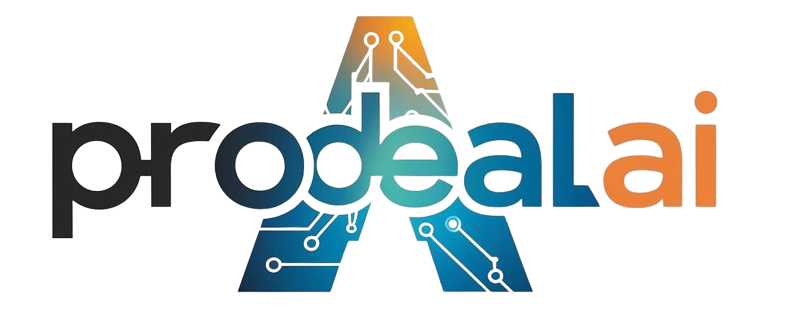Access to justice is a fundamental right that all individuals should be able to exercise regardless of their financial circumstances. However, for many people, the cost of legal representation can be prohibitively expensive, making it difficult for them to navigate the legal system and seek redress for their grievances. This is where legal aid plays a crucial role in ensuring that all individuals, regardless of their financial means, have access to legal assistance and representation.
Legal aid is a government-funded program that provides legal assistance to individuals who cannot afford to hire a private attorney. This assistance can come in the form of legal advice, representation in court, and other forms of support that help individuals navigate the legal system and assert their rights.
One of the key functions of legal aid is to ensure that marginalized and vulnerable populations have access to legal representation. This includes low-income individuals, minorities, immigrants, and others who may face barriers to accessing justice. By providing free or low-cost legal assistance, legal aid programs help level the playing field and ensure that all individuals have equal access to the legal system.
Legal aid also plays a critical role in preventing the miscarriage of justice. Without access to legal representation, individuals may be at a disadvantage when navigating complex legal proceedings. Legal aid attorneys can help ensure that individuals understand their rights, obligations, and options, and can represent them effectively in court to ensure a fair outcome.
Furthermore, legal aid programs help alleviate the burden on the court system by providing individuals with the resources they need to resolve their legal issues outside of court. By providing legal advice and assistance early on, legal aid programs can help individuals understand their options and take appropriate action to resolve their disputes without the need for costly and time-consuming litigation.
Overall, legal aid is essential for ensuring access to justice for all individuals, regardless of their financial means. By providing free or low-cost legal assistance, legal aid programs help to level the playing field and ensure that individuals have equal access to the legal system. This not only helps individuals navigate the legal system more effectively but also helps to prevent the miscarriage of justice and alleviate the burden on the court system. In this way, legal aid plays a vital role in promoting fairness, equity, and access to justice for all.


